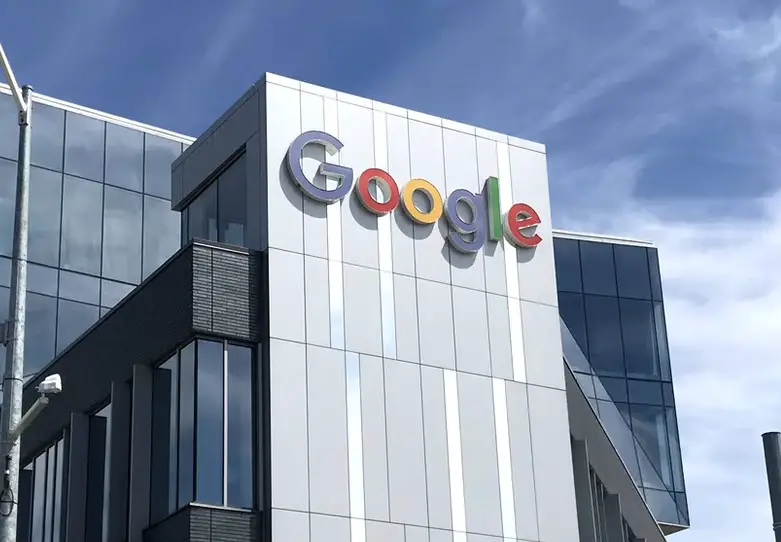Google is planning to move into the broadband space, offering much faster broadband service in the areas where it operates fiber networks, with speeds offered reaching up to 100Gbps.
Currently Google Fiber, the Access division of its parent company Alphabet, provides a 1Gbps service. It began upgrading the service’s speed in 2021 introducing a 2Gbps service that featured 2Gbps downstream bandwidth and 1Gbps upstream bandwidth, initially priced at $100 per month.
That competed with AT&T Fiber’s similar tier which was priced at $110, Verizon Fios, and Ziply Fiber’s $120 plans, as well as Frontier Fiber’s 2-Gig plan at $150.
However now Alphabet says that was just an initial offering, and it intends to expand into multi-gigabit per second speeds, making them widely available. It goes on to claim the multi-gigabit tiers it will unveil in the coming months, will be, “critical milestones on our journey to 100 Gig symmetrical internet.”
Access CEO Dinesh Jain said in a blog post, that Google Fiber expects the internet will gradually require faster and faster speeds, and they intend to provide them. Jain wrote, “We’re already closer than you might think. This month, we took our testing out of the lab and into the home, starting with our first trusted tester, Nick Saporito, the Head of Commercial Strategy for GFiber.”
The Kansas City test installation at Saporito’s residence can presently supply a download speed of 20.2 Gbps.
Jain went on to say he expects Americans will have two or three fiber providers to choose from, and the differentiation between them will be based on how the network delivers symmetrical multi-gig speeds at affordable pricing.
Last month it was revealed the company was in talks with several city leaders in different states to offer its high-speed fiber in more locations. The states mentioned included, Arizona, Colorado, Nebraska, Nevada, and Idaho, which was cited as the main focus for growth over the next several years, along with continued growth in metro areas.
The efforts have not been without snags however. In 2019, Google Fiber abandoned operations in Louisville Kentucky, after agreeing to pay local authorities $3.84 million for damage to roads which was caused by Google’s “micro-trenching” techniques, which seek to bury lines only a few inches below the ground, rather than much deeper. The company argued the micro-trenching techniques saved time, however the expenses associated with the damage they caused made them unfeasible.

